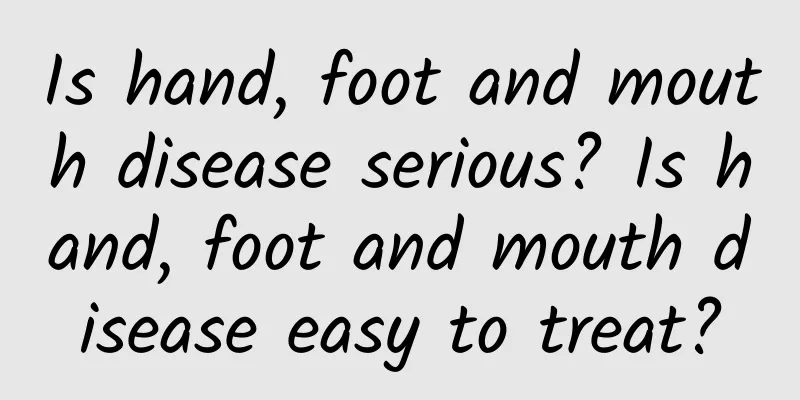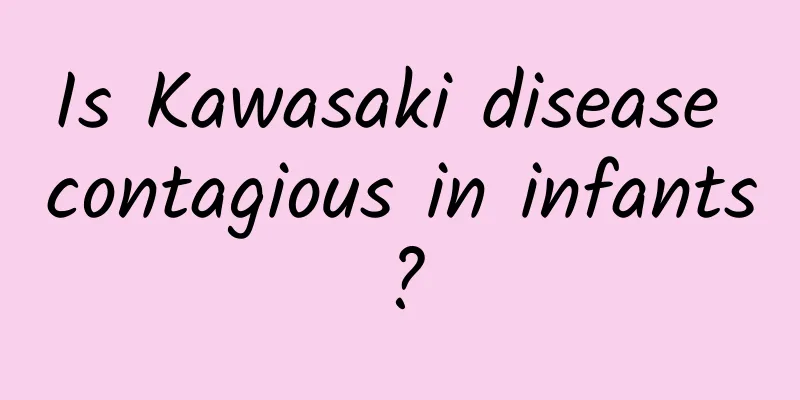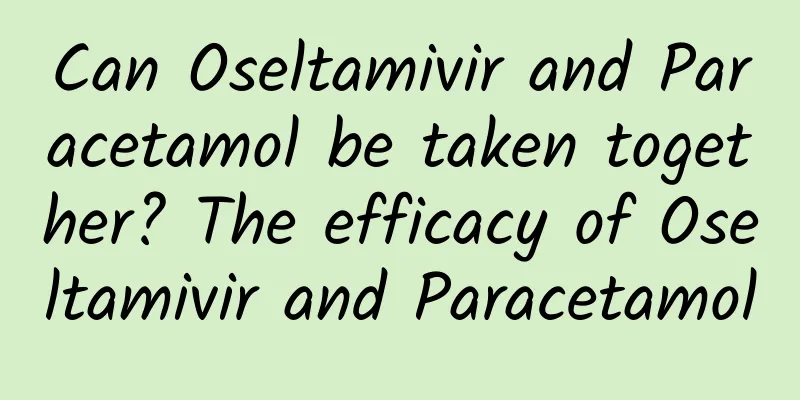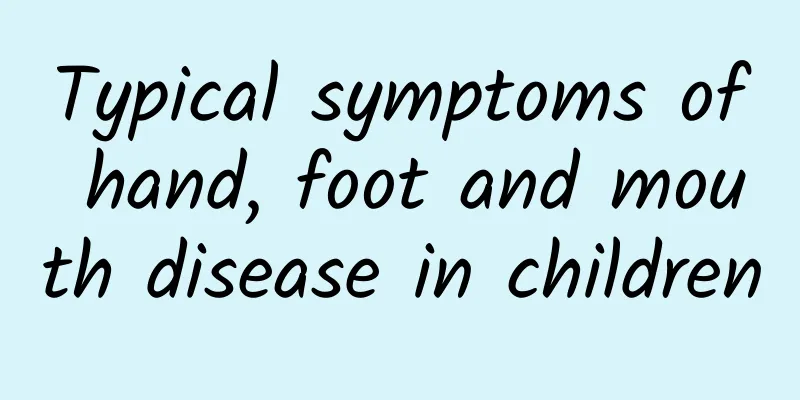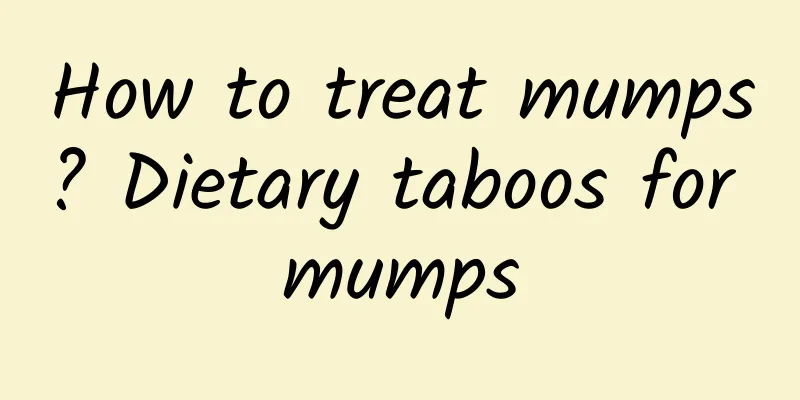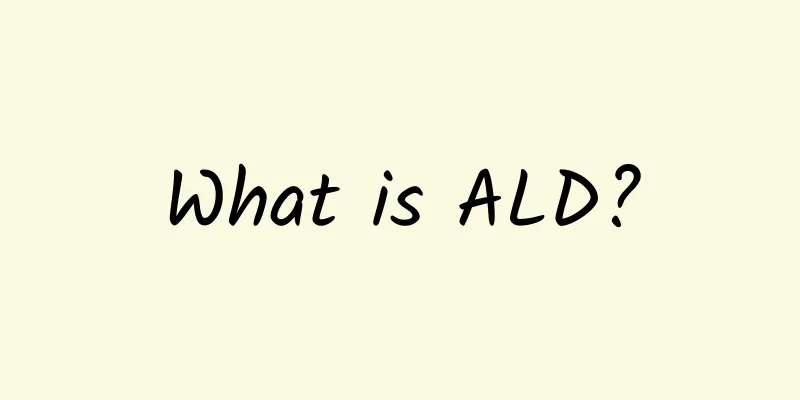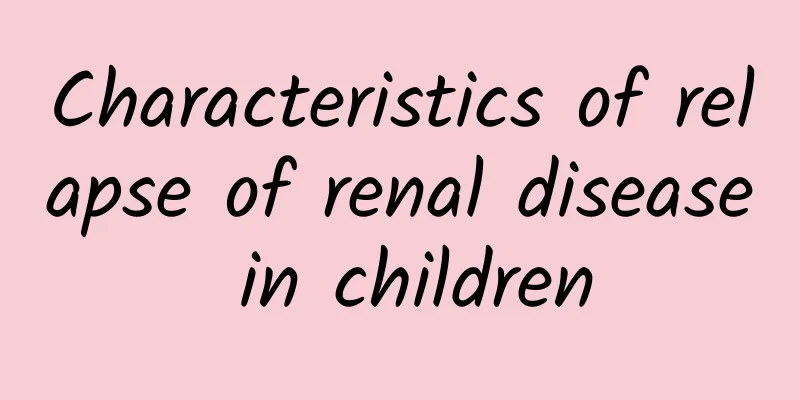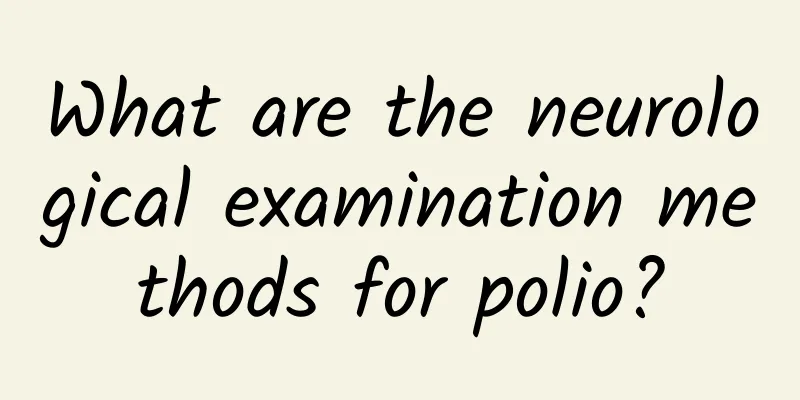Early symptoms and signs of pneumonia in children
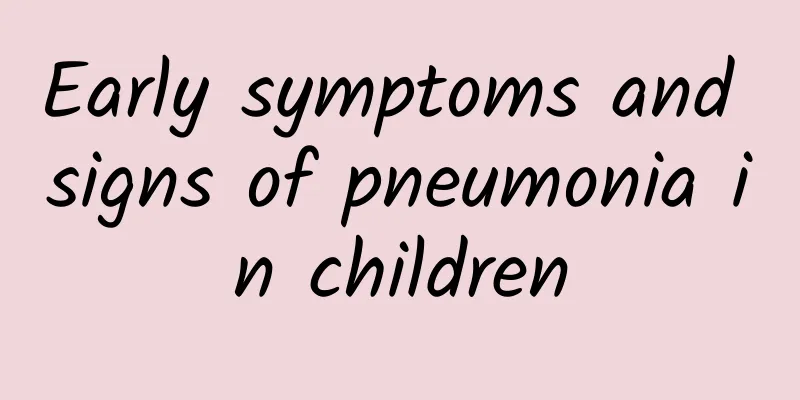
|
Early symptoms of pneumonia in children usually include repeated coughing, shortness of breath, fever, etc. Once these symptoms are found, you should seek medical attention as soon as possible to avoid delaying treatment. Observing whether the child has more obvious signs such as nasal flaring, cyanosis or loss of appetite can more accurately identify the condition. 1. Abnormal respiratory system The most common early symptoms of pneumonia in children are changes in the respiratory system, including frequent coughing, nasal congestion, etc. If the condition is slightly more serious, the child may breathe faster, even have nasal flaring, labored breathing, and wheezing. Some parents may notice that their child's lips or nail beds appear blue, which is an important sign of hypoxia. Especially when the child is pale or has purple lips, you should be extra vigilant and seek medical help as soon as possible. 2. Continuous fever Fever is one of the typical early symptoms of pneumonia. Children may show persistent low fever or intermittent high fever, accompanied by flushed cheeks, increased sweating, etc. Sometimes, parents may give their children antipyretics to relieve fever, but if the fever recurs or does not subside, it may be a sign of pneumonia and should be checked in the hospital immediately. 3. Mental depression and loss of appetite Pneumonia in children is not only manifested as physical discomfort, but may also be accompanied by decreased appetite and mental fatigue. Children may be easily tired, have less activity, or even become irritable. These atypical symptoms are easily ignored by parents, but combined with other symptoms, they can often help identify pneumonia as early as possible. 4. Gastrointestinal reactions and general discomfort Some children with pneumonia may show gastrointestinal symptoms in the early stage, such as vomiting, diarrhea, abdominal pain, etc. Young children, in particular, cannot express their symptoms accurately and may only cry or have difficulty sleeping. Combined with fever, abnormal breathing and other symptoms, we should be alert that these non-respiratory symptoms may also be signs of pneumonia. Parents should pay special attention to their children's breathing and mental changes. If the above symptoms are found, they should take their children to the doctor for examination and diagnosis as soon as possible. If pneumonia is treated early, recovery is faster. Targeted antibiotics are usually required, and the type of pathogen must be identified before treatment. You can also prevent the occurrence of the disease by keeping the home clean, ventilating regularly, and reducing contact with infection sources when going out. |
<<: Is polio hereditary? Can I have children?
>>: How to treat mumps in children
Recommend
What are the treatments for polio?
The treatment of polio is actually not a very com...
How to check pneumonia in children
There are certain standards for pneumonia examina...
What are the methods for diagnosing patent ductus arteriosus?
What methods are involved in diagnosing patent du...
Diarrhea Syndrome Recipe for Children
There are many types of diarrhea, and different t...
Will ADHD get worse if not treated?
If tics are not treated, they may get worse, so t...
Why should children with pneumonia receive intravenous infusion?
Regarding pneumonia, many mothers still think it ...
The baby has a runny nose and diarrhea for four days.
If your baby has a cough, sometimes unable to cou...
Symptoms of Kawasaki disease in eight-month-old babies
Kawasaki disease is an acute vasculitis in childr...
How to cure pneumonia in children
Pneumonia is particularly common in the neonatal ...
Treatment of diarrhea in children in China
The causes of pediatric diarrhea are relatively c...
What are the side effects of barley tea? What are the contraindications of barley tea?
Barley tea is a very popular health tea. Many peo...
What are the examination methods for mumps
Nowadays, both the pace of life and the pace of s...
How to treat children's upper respiratory tract infection cough
When children have upper respiratory tract infect...
How many days does hand, foot and mouth disease usually take to heal?
Generally speaking, mild patients can recover wit...
How is polio transmitted?
Poliomyelitis, I believe everyone is familiar wit...
